In the ever-evolving landscape of education, the integration of Artificial Intelligence (AI) has sparked debates about its impact on the necessity of teaching coding skills in schools. While AI offers powerful tools for automating tasks and problem-solving, it doesn't necessarily negate the importance of programming education.
AI has streamlined certain aspects of programming, automating repetitive tasks and making coding more accessible. However, understanding the fundamentals of coding remains crucial for fostering critical thinking, problem-solving, and creativity in students. Learning how to code goes beyond syntax; it cultivates logical reasoning and algorithmic thinking. It provides opportunities for the children to develop the ability to break down a problem into smaller chunks, recognise patterns and think systematically.
As AI becomes more prevalent in various industries, the demand for individuals with coding proficiency is likely to rise. Teaching coding skills empowers students to harness the potential of AI and contribute meaningfully to a technology-driven future.
Here at WHP, we continue to broaden our childrens' perspective by exploring how we use AI in our daily lives. We delve into machine learning, how AI is used at home and at work, and explore the ethical side of generative AI. We also continue to make use of a wide range of programming environments, starting with BeeBots and ScratchJr in Year 1, culminating in Python in Year 8.

